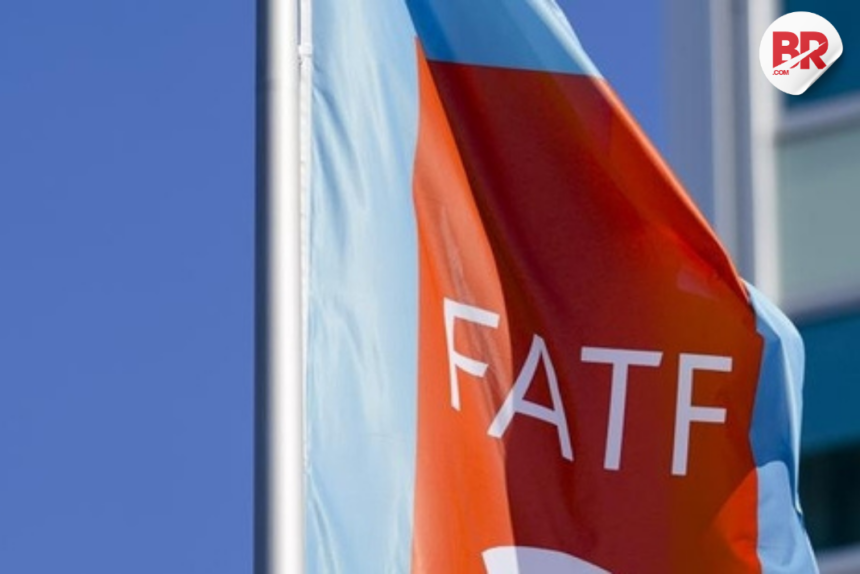India’s Foreign Secretary Vikram Misri recently met US Deputy Secretary of the Treasury Michael Faulkender in Washington DC. They talked about deepening India-US cooperation, especially around the Financial Action Task Force (FATF) process.
This comes at a critical time as India prepares to push Pakistan back onto the FATF grey list following the recent Pahalgam terror attack.
What’s Happening?
From May 27 to 29, Foreign Secretary Vikram Misri toured Washington. His key agenda was to strengthen ties with the US government, focusing on economic and financial collaboration. The MEA said the talks with Faulkender covered working together in international financial institutions and coordinating on FATF matters.
Why does this matter? Because FATF’s grey list isn’t just some bureaucratic label. It means a country faces extra scrutiny on money laundering and terror financing. Being on the grey list scares off foreign investors and international aid. Pakistan was on this list from 2018 to 2022 but got off after promising to fix its “strategic deficiencies.”
Also Read “No Terror, No Dialogue”: MEA’s Firm Message to Pakistan
Why Is India Pushing to Greylist Pakistan Again?
India believes Pakistan hasn’t changed its ways. After the Pahalgam attack in Jammu and Kashmir, India says it has gathered enough evidence showing Pakistan supports terrorist groups.
The MEA claims Pakistan’s defence budget is rising fast, even though its economy is struggling. This hints Pakistan might be misusing funds from the IMF and World Bank to buy arms.
For the average person, this means India is trying to use financial pressure to stop terror. If Pakistan goes back on the FATF grey list, it will face tougher financial controls and international isolation. This could reduce the terror threat that impacts daily life in border regions.
The FATF Grey List Explained
The Financial Action Task Force is like the financial watchdog of the world. It keeps an eye on countries to make sure they’re not hiding dirty money or funding terrorists. The grey list includes countries that have “committed to fix their problems” but still need close monitoring.
Right now, 25 countries are on the grey list. Being on it can hurt a country’s reputation and slow down foreign investment. Pakistan’s removal from the list in 2022 gave it a financial breather. But India is ready to challenge that, arguing Pakistan has failed to act on terrorism.
What’s Next?
India and the US working together on FATF sends a strong message. It shows both countries see Pakistan’s terror financing as a global problem. This cooperation could push FATF to take a tougher stand on Pakistan soon.
This story is a reminder: Terrorism isn’t just about bullets and bombs. Money is the fuel. Cut the fuel, and you stop the machine.
Also Read Rajnath Singh Warns IMF: Pakistan’s Terror Funding Threatens Regional Peace




